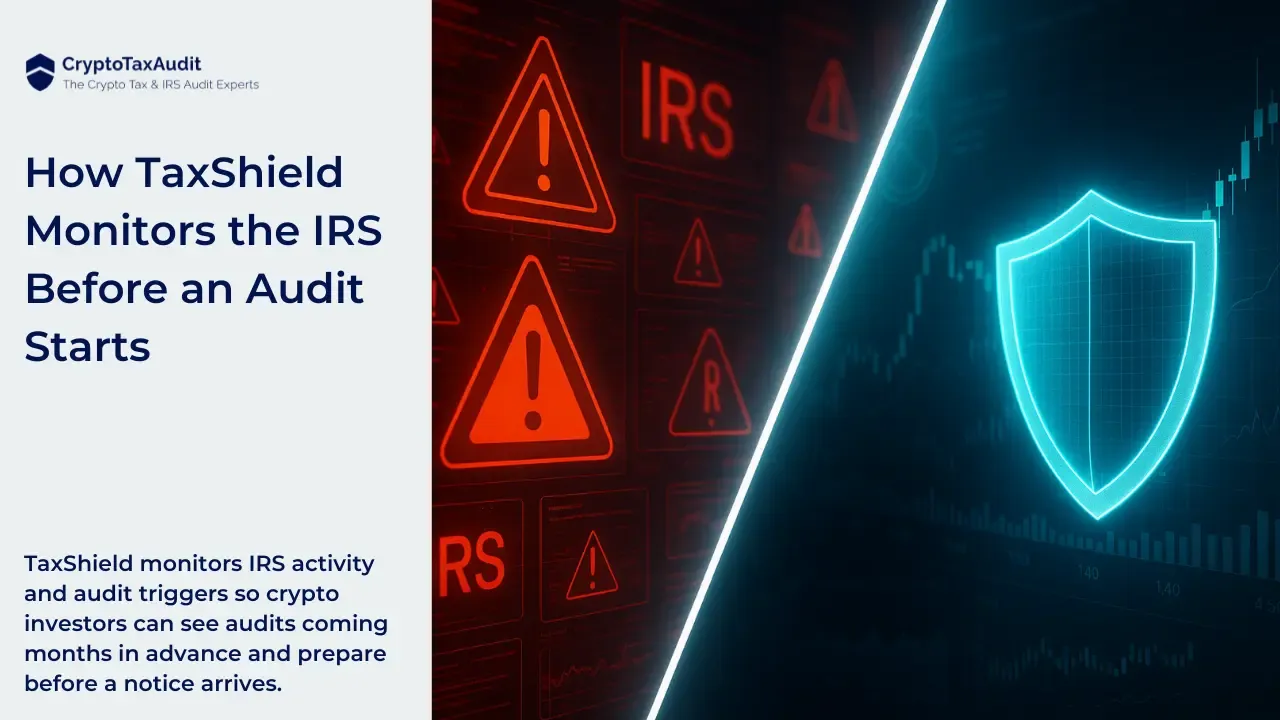
Read the highlights of a live Q&A session on crypto taxes, discussing topics such as government involvement, tax implications of liquidity provisioning, claiming losses from bankrupt exchanges, tracking small transactions, and choosing reliable tax accounting software. (TCDS-12)
Q&A introduction.
The world of cryptocurrency taxation is a constantly evolving landscape, and it's crucial for crypto investors to stay informed about the latest developments. In a recent Q&A session with Clinton Donnelly, founder and president of CryptoTaxAudit, several key questions were raised, shedding light on the challenges and considerations surrounding crypto taxes. This article aims to summarize and analyze the insights provided during this discussion.
The Biden administration's involvement.
The session began with Clinton mention of the Biden administration's efforts to establish a cohesive set of crypto recommendations. The administration's executive order in March 2021 sought coordination between various government departments and the Treasury Department on matters related to cryptocurrencies. Late in 2021, recommendations were issued, focusing on central bank digital currencies and other statements. However, further recommendations regarding tax laws and SEC regulations were postponed until March of 2022. (As of mid 2023, we are still waiting on those promised regulations and clarifications.)
Treatment of liquidity provisioning on Uniswap.
One participant asked about the tax implications of adding and removing liquidity on Uniswap. Clinton's response emphasized that the taxability depends on the assets received. If the liquidity provider receives the same coins they initially contributed, it is not considered a taxable event. However, if they receive different coins, the transaction could be subject to taxation. Clinton disagreed with treating daily fluctuations in value as taxable events, instead emphasizing that taxable events occur when assets are actually gained or lost.
Losses from bankrupt exchanges.
The discussion also touched on the topic of losses incurred due to bankrupt exchanges like FTX. While traditional bankruptcy situations typically don't allow for claiming losses, the case is different when the exchange's promoter is subject to a criminal indictment. In such cases, investors may be able to claim a percentage of their losses through what is referred to as the Madoff Procedure, which refers to IRS regulations put in place after the Bernie Madoff fraud. This procedure allows individuals to deduct the losses from their taxable income, providing relief for the year in which the loss was experienced.
Tracking small transactions.
The participants also raised concerns about the burdensome task of tracking small transactions, particularly in blockchain layer two companies. The response acknowledged that tracking such transactions could be a hassle but noted that IRS auditors tend to focus on larger transactions. While it may be tedious to keep track of every small transaction, the focus should be on providing accurate information for significant transactions rather than worrying about the exact details of smaller ones.
Choosing the best crypto tax accounting software.
The question of which crypto tax accounting software is best was posed. Clinton's answer provided some insights into the challenges of accurately calculating taxes using these services. While some software products may claim ease of use, it's essential to note that accuracy is not always guaranteed. Terms and conditions of these services often disclaim any responsibility for accuracy. In an audit, the burden lies on the individual to prove that the IRS calculation is incorrect, and relying solely on software may not be sufficient. Therefore, Clinton advised that crypto traders keep meticulous records and consider seeking professional help to ensure accurate tax calculations.
Conclusion.
Crypto taxation continues to be a complex and rapidly evolving field. This Q&A session shed light on various aspects, including government involvement, liquidity provision on Uniswap, losses from bankrupt exchanges, tracking small transactions, and selecting suitable tax accounting software. Understanding these insights can help crypto investors navigate the complexities of crypto taxes more effectively and ensure compliance with regulatory requirements. However, it is always recommended to consult with a qualified tax professional for personalized advice tailored to individual circumstances.
The full interview.
View the full interview on The Clinton Donnelly Show.
DISCLAIMER: Opinions and perspectives of the author, host, and guests. It should not be construed as U.S. taxpayer advice. There are often multiple interpretations of tax law. Various strategies may be suited to specific individuals and for particular situations. Seek out professional tax, legal, or financial advice from CryptoTaxAudit or from other reputable companies.





